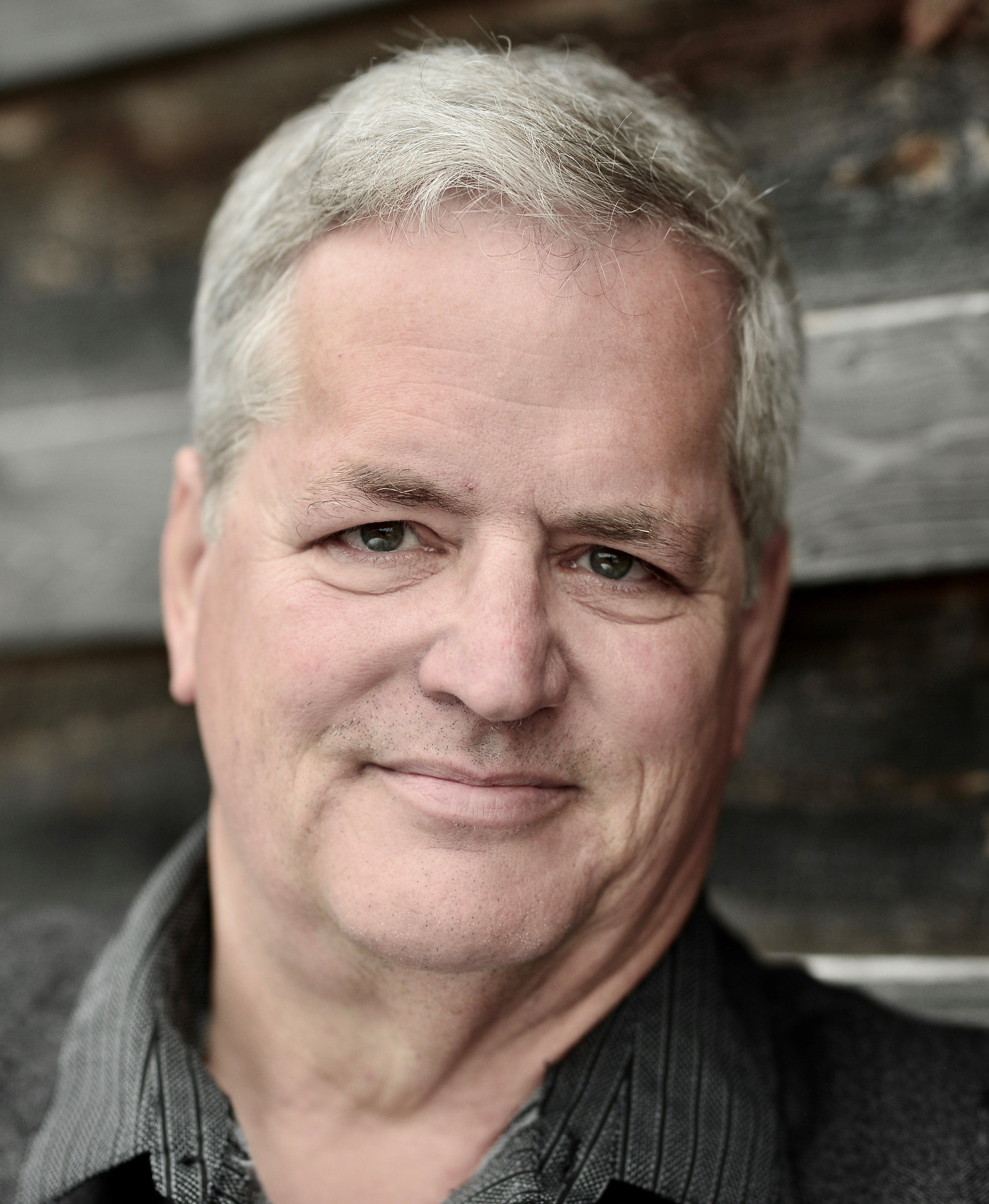Pop Culture That Matters: The Ghosts of Mustafar
Published 3:00 pm Thursday, June 2, 2022
|
Getting your Trinity Audio player ready...
|
Pop culture matters. Maybe more than it should for the average human being, but the TV shows, movies, songs and video games we enjoy hold a special place in our heart.
Some more so than others.
Travis shooting Old Yeller. Simba trying to wake a dead Mufasa up after Scar’s betrayal. Luke’s reaction to Darth Vader’s-more on him later–revelation that the menacing cyborg is his father.
Those three scenes in particular have caused countless tears and gasps from film lovers for as long as I have been alive, and because they made someone feel that particular emotion it makes those movies matter; it makes a viewing of them more likely to become a cherished family tradition.
As a colossal nerd, I live to make connections with the pop culture I love, and some of the moments that have stood out to me over the years have taught me a few life lessons along the way.
The latest pop culture moment that has mattered to me is the first three episodes of the new show “Obi-Wan Kenboi” that is currently streaming on Disney Plus, particularly how two the main characters, Obi-Wan and Darth Vader, deal with the fallout from a traumatic event.
Just for a fair warning, spoilers follow.
For for the first three episodes of the series, Darth Vader–formerly known as Anakin Skywalker–is obsessed with finding Obi-Wan Kenobi, his former teacher and mentor, from his younger days as a Jedi Knight. Throughout the “Star Wars” prequel trilogy the two have a close but contentious relationship. Anakin is more emotional, he marries and falls in love, and prone to flaunt the teaching of the ancient order. Kenobi is far from a zealot but holds firm to Jedi teaching despite what he may personally feel.
The tension between the two comes to head in the final film of the trilogy. Anakin turns to evil and becomes the iconic Darth Vader. In the climatic duel of “Revenge of the Sith” Anakin and Obi-Wan duel on the volcanic planet known as Mustafar. Obi-Wan claims victory by severing his former apprentice’s limbs when he attempts a foolish jump when Kenobi had the high ground. Leaving Anakin in mortal pain, Obi-Wan forsakes the man he came to love as brother. Anakin professes nothing but undying hatred.
The pair don’t see each other for a decade.
Because of his injuries Anakin–now entirely entombed in his Vader persona–has to wear a robotic life support suit. When he is not in the suit, he spends time in a healing tank to find some refuge from his seemingly never ending pain; a pain that he puts firmly at the feet of his former master.
The Vader we see in the show is a monster who stops at nothing to settle a score from his past. He hurts and so will others.
Obi-Wan lives a life as a solitary meat cutter that has cut himself off from the spirituality and life of service that defines a Jedi Knight. He refuses to be the man he yearns to be for fear of failing like he did with his former pupil.
Both student and teacher are haunted by the ghosts of Mustafar.
At the series’ beginning anger and regret from the past have held both men back from healing and moving on with their lives.
I won’t go into anymore spoilers but the idea of carrying trauma is something I often think about. Pain from the past is a part of us and it shapes who we are as people. However, using it as a lodestone prevents us from moving on and healing. Refusing to heal prevents us from being our best selves.
That’s why to me the trauma from a light saber duel on a volcanic planet is a pop culture moment that matters.






